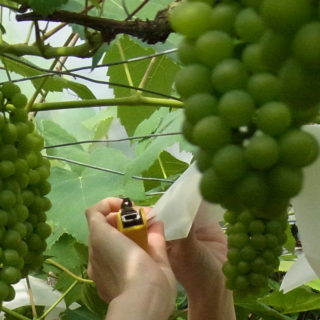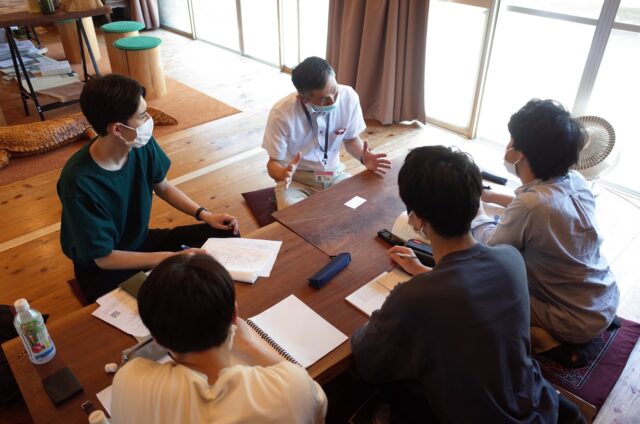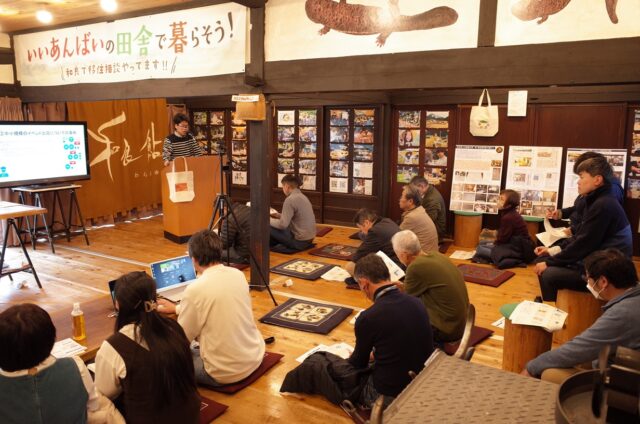Profile
- Research Subject
My research is fieldwork based, with a focus on the relationships between humans and places.
The main themes are as follows:- Roles and collaborations among actors in rural tourism, community development, and agricultural promotion, as well as the social environment and regional conditions for creating leadership and entrepreneurship
- The impacts of migrants’ practical activities on local communities and residents and intermediaries’ role in supporting migration in rural areas
- Merits and demerits of tourist sites on the World Heritage List
- The role of “agriculture” in cities
- Intellectual property rights and branding strategies in the agriculture sector
- Research Fields
- Rural Geography, Economic Geography, Tourism Studies, Community Development
- Faculty - Division / Research Group / Laboratory
- Division of Human Sciences / Research Group of Regional Science / Laboratory of Regional Science
- Graduate School - Division / Department / Laboratory
- Division of Human Sciences / Department of Regional Science / Laboratory of Regional Science
- School - Course / Laboratory
- Division of Humanities and Human Sciences / Course of Human Sciences / Laboratory of Regional Science
- Related Links
Lab.letters


Theoretical, empirical, and practical research on community development
My interest lies in methods and collaboration for promoting community development, with rural residents as the core and migrants and volunteers from outside the region working together. Since humans have been and continue to effect significant regional changes, I focus on clarifying the meaning and characteristics through interviews, questionnaire investigations, participant observation, and collaborative activities.
Combining field surveys, student education, and regional collaboration activities deepens the research perspective, and grasping the reality of the situation deepens the understanding of residents’ awareness and behavior. Furthermore, I feel that conducting collaborative activities in the field creates a cycle in which theoretical and empirical research evolves.


Developing a way of thinking that combines the humanities and sciences
through field work as an integrated science
When providing students with research guidance, I have always tried to help students acquire knowledge and experience that will serve as a benchmark even in their later lives. The success of field work requires the existence of cooperative partners. I really expect you will be a full-fledged human being, remembering the gratitude to those who helped with the investigation.
To carefully investigate, analyze and understand phenomenon taking place in a particular region, it is imperative to pay attention to findings and theories in various disciplines as well as to comprehensively understand communities based on such knowledge. This is why geography is also referred to as an integrated science. I do hope that you will develop a way of thinking that combines the humanities and sciences by experiencing as much field work as possible during your university days. I will also be pleased if you retain reciprocal and cheering feelings for the community that was willing to support you.
Message
Research content and characteristics:
I am engaged in research on rural villages and tourist destinations from the perspective of human geography. There is no panacea that can be adapted to the revitalization and promotion of all rural areas, but I want to develop promotion strategies based on each regional characteristic. I must therefore peruse research papers, academic books and relevant documents, analyze statistic data, visit target sites as well as conduct interviews with those concerned and administer questionnaire surveys. I may also occasionally participate in gatherings and assemblies as well as community activities and events. By repeating these surveys and works, I can improve understanding the situation and phenomena of study areas. Visiting areas under study and thereby finding new facts about research themes make me feel as if I am trying to unravel mysteries while predicting the ending of detective novels and suspense dramas.


